LearnToEngage
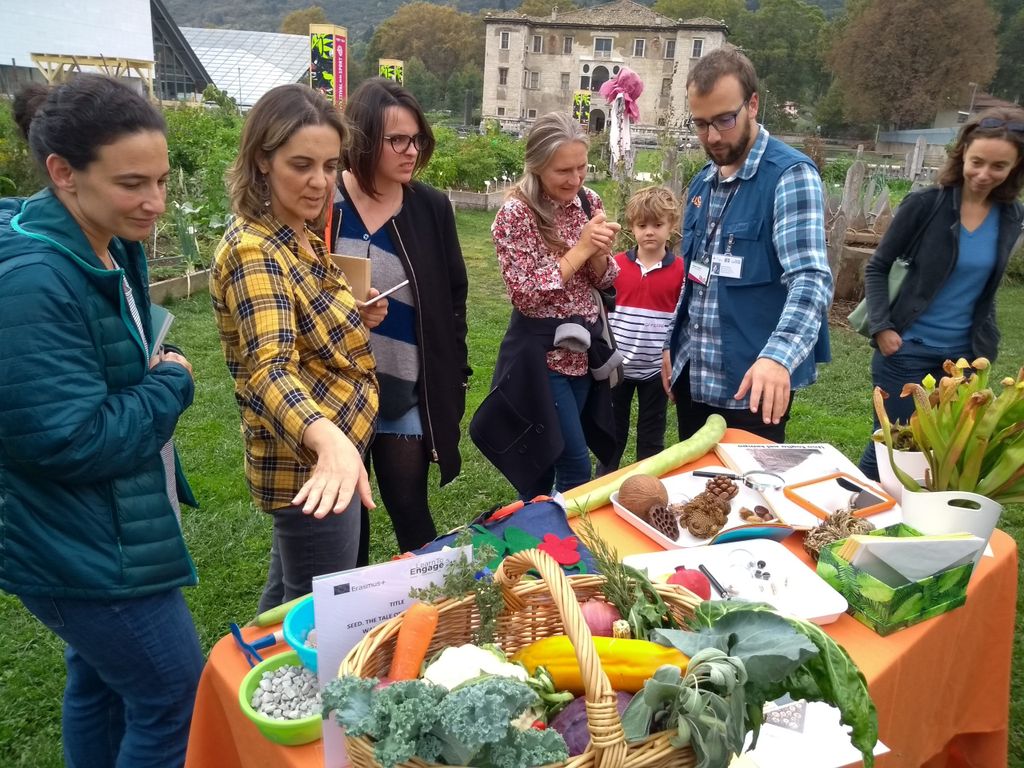
-
Status of project
Completed -
Region
Europe -
Programme
BGCI -
Workstream
Inspiring and Leading People -
Topic
Public Engagement
Funded by the Erasmus+ Programme from the European Union
Project: Completed 2019
Project partners:
Botanic Gardens Conservation International, UK
Royal Botanic Gardens Edinburgh, UK
MUSE (Science Museum), Trento, Italy
University of Lisbon Botanic Garden, Portugal
Nottingham Trent University, UK
LearnToEngage Project
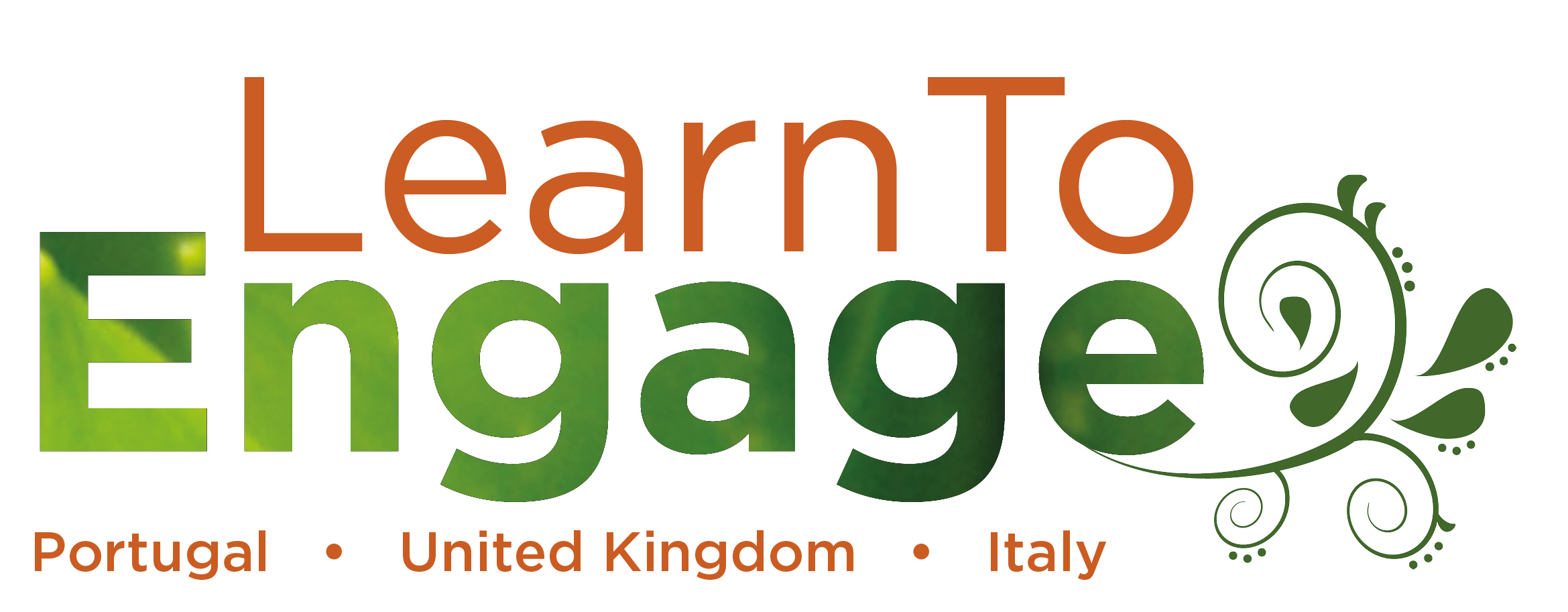
About
This three-year project began in September 2016. LearnToEngage is a suite of professional development modules for botanic garden staff and museum educators. This blended learning course (a mixture of online and on-site learning) aims to enhance engagement with audiences and support the vital educational role played by botanic gardens and museums by providing an interactive, co-operative experience with both online and on-site provision.
Project Goals
- To enhance inclusive education in botanic gardens through practitioner training.
- To develop innovative blended-learning models for training botanic gardens on public engagement.
- To enhance botanic garden professionals’ access to continued vocational education and training through embedding training in the digital era.
- To improve services through training in new areas of work for botanic gardens.
- To support the development of transnational standards for evaluating informal education.
- To increase botanic gardens’ capacity for showcasing the value of plants and plant science to society.
Key Achievements
Modules
Each pilot module was attended by 20 participants from the UK, Italy and Portugal and took place over 12 weeks which provided a minimum of 60 hours learning. This comprised a one week on-site training element complemented by online learning before and after the visit.
Each module focussed on a different area of informal education but each has a focus on the social role of botanic gardens (link) and evaluation, as building blocks of best practice.
Interpretation
Pilot start/finish date: 4th September – 1st December 2017
Onsite location: MUSE (Science Museum), Trento, Italy
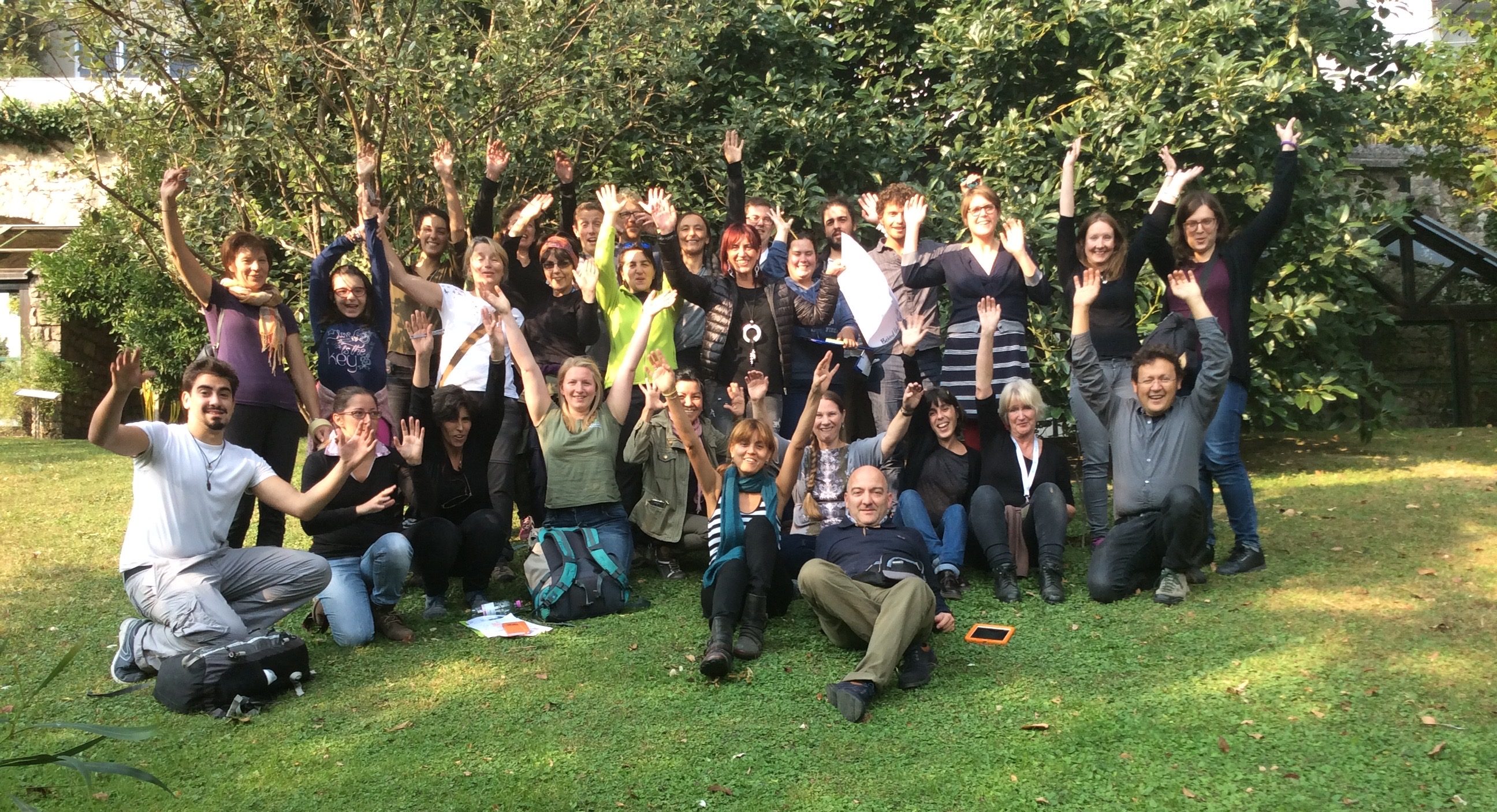
This module supports botanic gardens to develop interpretation to make their sites and activities more accessible to a wider range of people. It will also supports better engagement of the public with important issues and messages.
The module will looks at and provides resources related to the theoretical background of interpretation drawing on a range of key publications that explore the trends in interpretive methodologies. There is support for participants to learn best practice in writing engaging text, developing interpretative projects, managing co-creation projects and exploring the advantages and limitations of various interpretative methodologies. The module aims to guide participants through developing their own interpretative masterplan.
Working with Diverse Audiences
Pilot start/finish date: 8th January – 8th April 2018
Onsite location: Royal Botanic Garden Edinburgh, UK
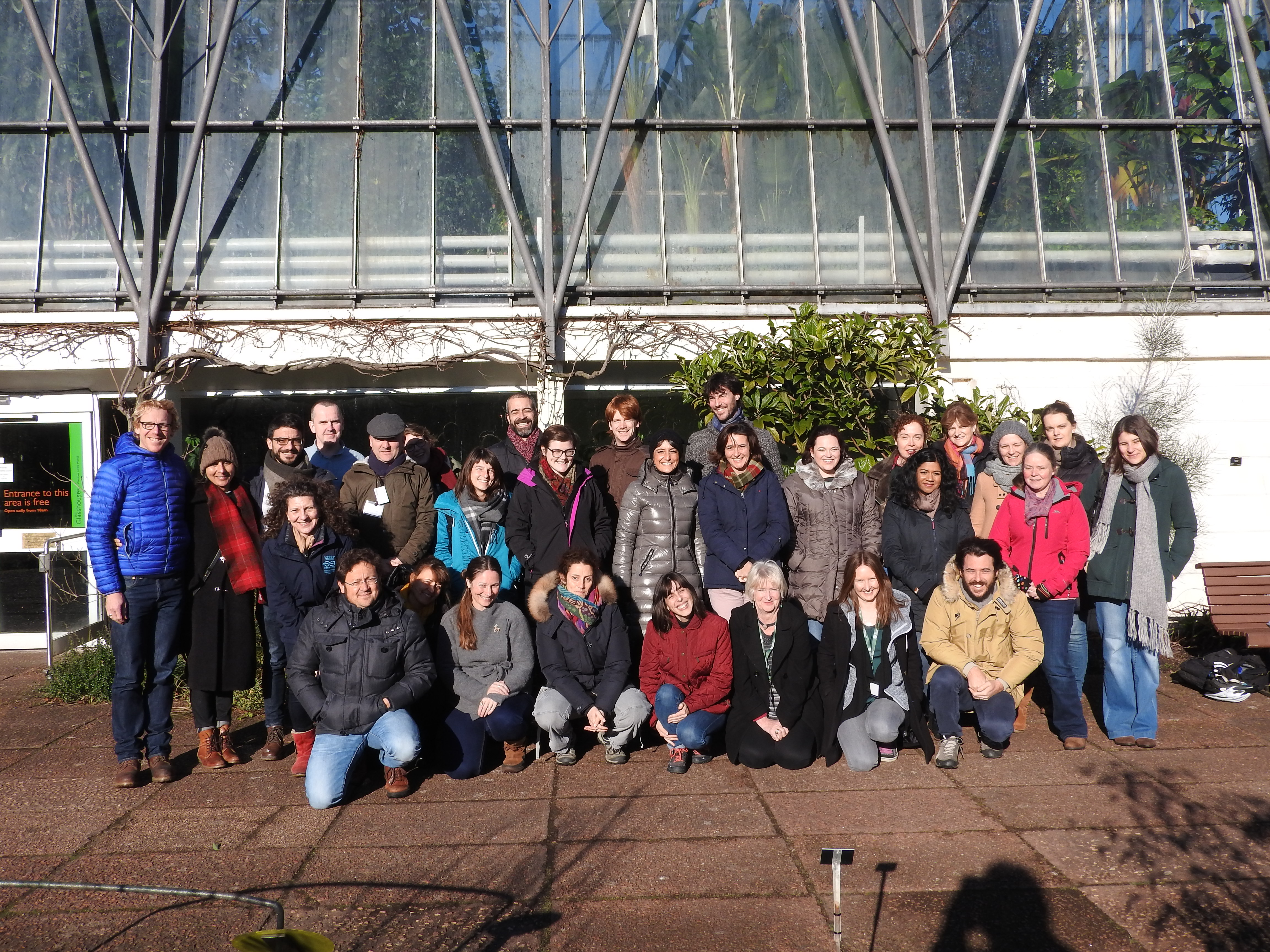
The aim of this module supports botanic gardens to improve their practice to make their sites and activities more accessible to people from a variety of backgrounds, who may otherwise perceive barriers to their participation, e.g. refugees or people with learning difficulties.
Resources include case studies, best practice and strategies for engaging with broad demographics and reaching new audiences. A strong focus of this module is be on how botanic gardens meet the needs of different target groups and so looks at participatory methods for engagement. The module aims to guide participants through developing their own audience development plan.
Science Communication
Pilot start/finish date: 17th September – 16th December 2018
Onsite location: MUSE (Science Museum), Trento, Italy
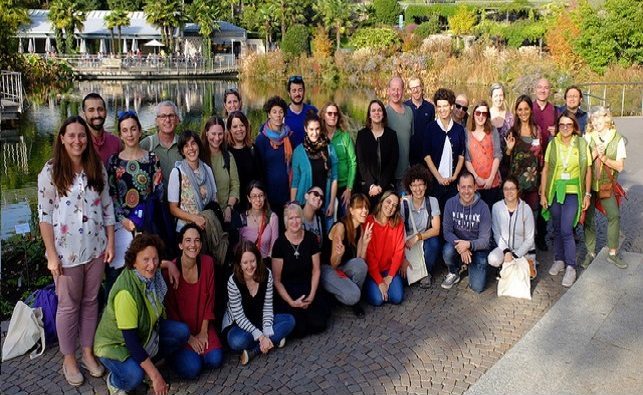
The aim of this module is to build participants’ capacity to engage their audiences with science and make it relevant to their lives. The module looks at the theoretical background of science communication, a working definition, its historical development, effective engagement techniques and current trends in public opinion towards science.
Activities include those related to good practice in popular science writing, effective online tools for science communication, developing science communication events and working with scientists and the public. The course follows contemporary ideology related to science communication in that it will support an approach that is open and dialogue based.
Evaluation and Research
Pilot start/finish date: 4th February – 3rd May 2019
Onsite location: University of Lisbon Botanic Garden, Portugal
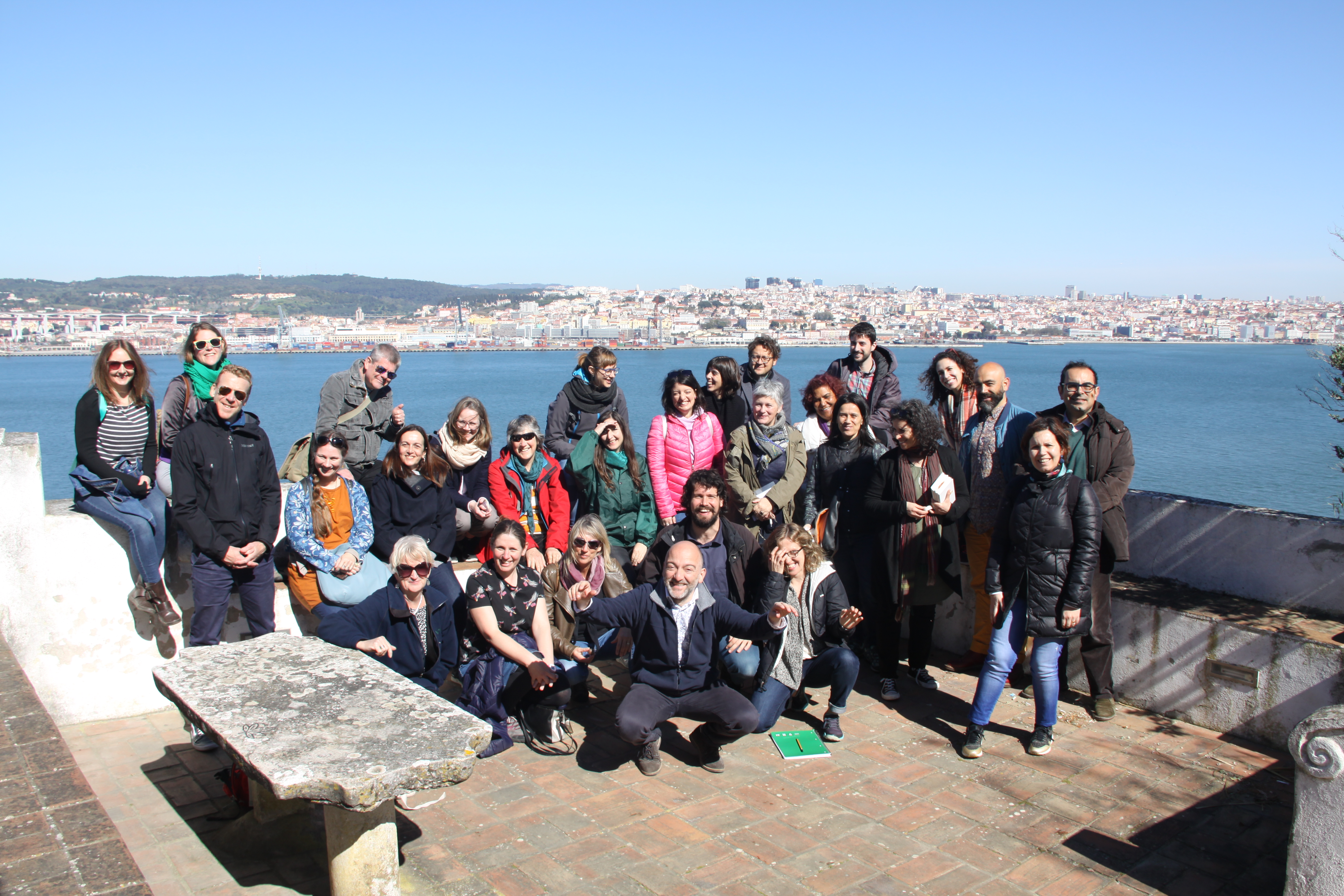
This module offers participants the opportunity to develop experience and knowledge of a range of methods and approaches to evaluation and research within the context of informal and non-formal education and learning.
Resources explore case studies and best practice of evaluation and research, including quantitative and qualitative approaches, from the botanic gardens and museum sector. The module supports participants to develop an evaluation and research framework and strategy which can be embedded at an organisational level to help improve the quality of the experiences they offer.
Handbooks
The pilot modules have been used to developed trainer and participant handbooks to support other organisations to build their capacity in these areas. The handbooks include information about LearnToEngage, what to expect from the modules, how to complete or run the module, lesson plans and timetables, tips in how to be a good tutor and reflective practice, as well as links to PropaGate Learning Royal Botanic Garden, Edinburgh’s Online Learning Environment. This contains all the resources and activities developed through the project.
LearnToEngage module handbooks
-
LearnToEngage Module Resources
Public Engagement / E-learning module / English